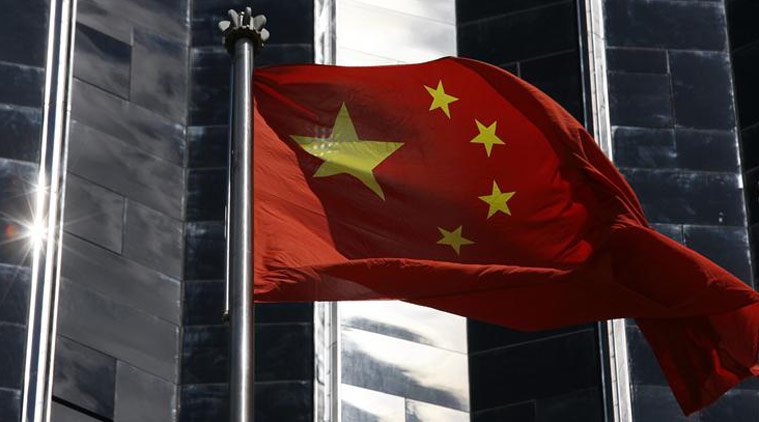
BEIJING (Reuters) - China’s cabinet on Thursday passed new rules to regulate religion to bolster national security, fight extremism and restrict faith practiced outside organizations approved by the state.
The document passed by Premier Li Keqiang updates a version of rules put into place in 2005 to allow the regulation of religion to better reflect “profound” changes in China and the world, the official Xinhua news agency reported.
The rules released by Xinhua use strong and specific language about the need to protect China’s national security against threats from religious groups.
“Religious affairs maintenance should persist in a principle of maintaining legality, curbing illegality, blocking extremism, resisting infiltration and attacking crime,” the regulations say.
“Any group or individual must not create conflict or contention between different religions, with a single religion or between religious individuals and non-religious individuals,” they say.
President Xi Jinping has emphasized the need to guard against foreign infiltration through religion and the need to prevent the spread to “extremist” ideology, while also being tolerant of traditional faiths that he sees as a salve to social ills.
The officially atheist ruling Communist Party says it protects freedom of religion, but it keeps a tight rein on religious activities and allows only officially recognized religious institutions to operate.
The rules, which come into effect on Feb 2, 2018, also place new oversight on online discussion of religious matters, on religious gatherings, the financing of religious groups and the construction of religious buildings, among others.
They increase existing restrictions on unregistered religious groups to include explicit bans on teaching about religion or going abroad to take part in training or meetings.
Much of China’s religious practice, which has seen a revival in recent decades despite being effectively banned in the 1960s during the Cultural Revolution, takes place in informal settings not recognized, though often tolerated, by the authorities.
Religious education is also further brought under the umbrella of the state in the regulations, with explicit provisions on the establishment and registration of religious colleges.
New provisions are included on the use and raising of religious funds and on taxation. Donations from foreign groups or individuals, for example, are banned, while donations over 100,000 yuan ($15,420) need to be reported to authorities.
Fines for breaking the rules have also been increased in the new version and the organizers of unapproved events can now be subject to fines from 100,000 to 300,000 yuan, rather than the previous 1 to 3 times the amount spent on the event.
SOURCE: www.reuters.com